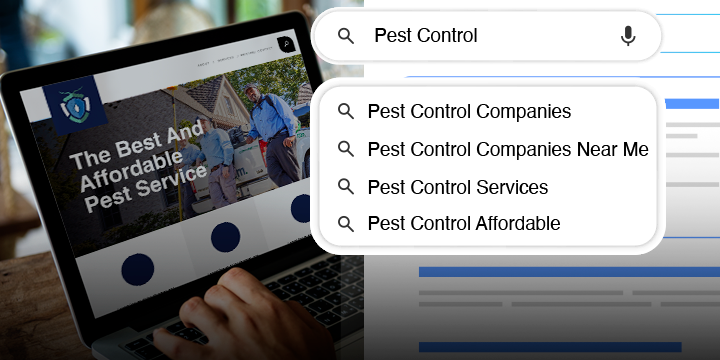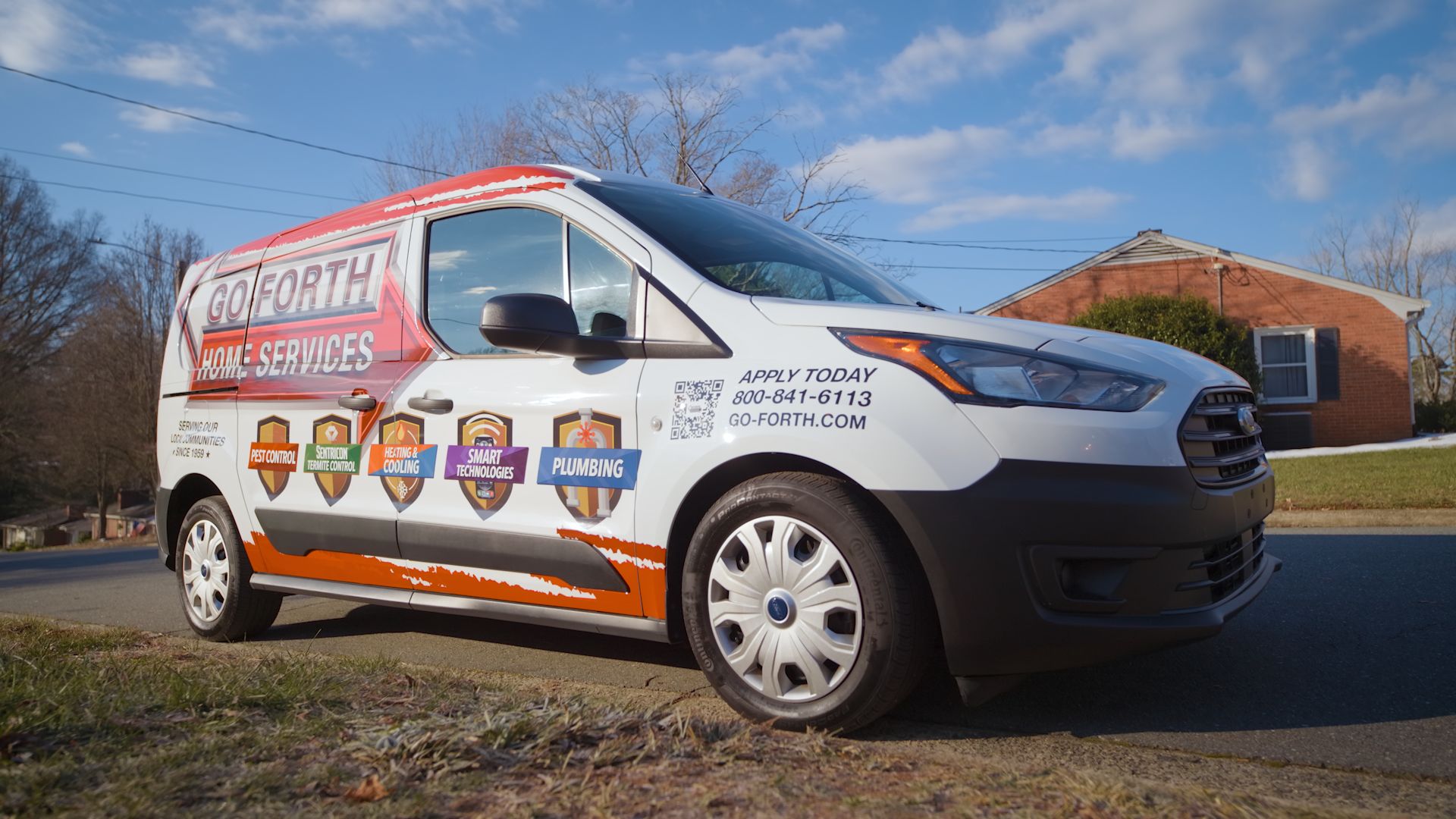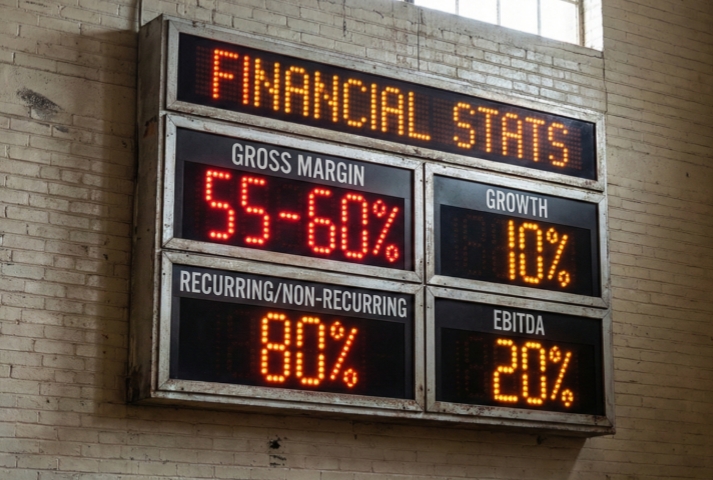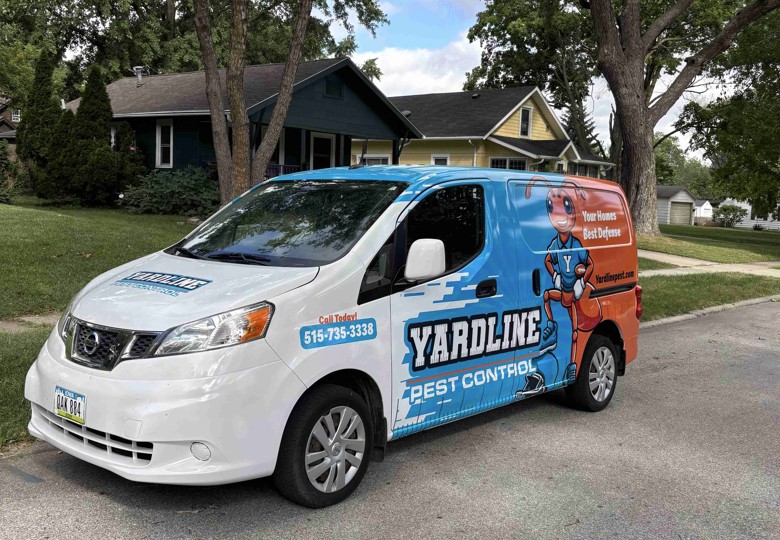Pest Control SEO 101: Essential Tips and Techniques

Online search engines are the first stop many of us make when researching a business. In fact, a recent study indicates that 76% of consumers look at your business’s online presence before deciding to engage. That’s why one of the most effective marketing strategies to help new customers to find your pest control website is search engine optimization (SEO).
Pest control SEO pushes your business to the top of search results, giving you added visibility and credibility in the eyes of searchers. If your content meets what they’re looking for, then your traffic will convert into leads.
With an understanding of a few key SEO concepts, such as keywords and link building, you’ll be on your way. Success also means committing to creating high-quality content.
Used wisely, SEO creates a synergy with your pay-per-click (PPC) ads. Benefits include more flexibility in your digital marketing budget as organic leads build over time.
Local SEO For Pest Control Companies
When someone searches for “pest control near me,” you want to rank among the top results. That’s where local SEO comes in. Local SEO is the practice of optimizing your company’s online presence so you rank high in local searches – in other words, searches by people in your service area.
Setting up a Google Business Profile (formerly known as Google My Business or GMB) is an example of local SEO. A robust profile helps you rank higher as a local business in Google search and Google Maps.
We’ll explain how to succeed here in the section on pest control SEO content.
How To Get Started:
It makes sense to start your local SEO with a Google Business Profile. After all, Google holds about 93% of the search market. But don’t stop there. The success you have with Google can accelerate your other local SEO efforts.
Claim your free Google Business Profile. Google offers resources to help you complete your profile and engage with customers.
Experiment with your Google Business Profile by adding services, asking for reviews, and posting different types of content.
Use your Google Business Profile to accelerate other local SEO efforts. Cut-and-paste information to quickly create profiles on Yelp, Better Business Bureau (BBB), and other online directories. Directory listings like these are strong examples of citations – references to your business’s name, address, and phone number (NAP) on other websites – one of the top ranking factors for local search.
Pest Control SEO Content
SEO content refers to any content – articles, videos, landing pages, etc. – optimized to rank at the top of the search engine results. To create this content, you will need to combine the creativity of content marketing and the technical expertise of SEO.
On the technical side, SEO content requires data-centric work, such as researching keywords and running speed tests. On the creative side, it requires interpreting the search intent behind each keyword, then deciding what content will best meet that intent.
Keyword Research
Keywords are the words and phrases people use to search for things online.
Keywords are the basis of successful SEO content. The more your content aligns with the intent of the keyword, the higher it will rank on a search engine results page (SERP).
The right keywords align what customers want with what you offer. Consider the different search intent behind these keywords:
“Pest control” has broad intent. The searcher may be a new homeowner searching for a guide to pest-proof their house.
“Fox pest control” has narrower intent. Someone is likely searching for a business called Fox Pest Control, or they need help dealing with a fox.
How To Get Started:
Generate Keyword Ideas: Find a keyword research tool that’s either free or offers a trial, such as Google Keyword Planner or Ahrefs. Enter as many potential keywords as you can think of, starting broadly with topic-level keywords such as “roaches,” “bed bugs,” “moles,” and so on.
Identify Your Keyword Opportunities: The keyword “what is termite inspection” gets more than 1,000 searches per month and has a low competitive score. That shows a lot of people want to know what will happen in their homes during a termite inspection, and that there's a low hurdle to a high ranking.
Decide What Content You’ll Produce: A step-by-step guide on how your company conducts a termite inspection would put a potential customer’s mind at ease.
Content Creation
Success in pest control SEO requires quality content. By quality, we mean content that:
Provides value to readers by answering their questions.
Encourages lead generation, such as booking an appointment or subscribing to your newsletter.
Ranks on the first page of Google results thanks to excellent on-page and technical SEO.
These characteristics of quality content tend to create a virtuous cycle, too. The more your content aligns with searchers’ intent, the more likely they’ll convert into leads. More conversions send a stronger signal to search engines, helping you rank even higher and capture more traffic.
How To Get Started:
Plan a top-down SEO structure so search engines can easily crawl your content. Optimize your homepage for your category, such as “pest control.” Optimize landing pages for your services, such as “animal removal.” Use blogs to target keywords with narrower intent, such as “how much is a termite inspection?”
Analyze top-ranking content so you can figure out how to beat it.
Create a production process to ensure quality. Start with a brief that defines your keyword, the search intent behind it, and what step the reader would ideally take after reading.
On-Page SEO
On-page SEO is the practice of optimizing a web page to meet the needs of readers and search engines. On-page SEO, also called on-site SEO, can range from making sure keywords appear enough times to making sure images are correctly tagged.
The following on-page SEO optimizations are considered standard practice:
Title Tag: The headline of a web page when displayed on a SERP. Include your primary keyword.
Meta Description: A brief summary of the web page, usually 140–160 characters, displayed below the title tag on SERPs. Include your primary keyword.
URL: Structure your URLs to reflect your keyword targets. Notice how this article’s URL “/blog/pest-control-seo/” focuses on the keyword “pest control SEO” instead of repeating the title.
Content: Copy should be relevant, informative, and optimized for the target keywords. Headings and subheadings – known as H1, H2, and H3 tags in SEO language – build a clear narrative to guide readers. Images, infographics, and videos should enhance understanding.
Internal Links: Linking to other relevant pages from your website helps readers discover supporting content.
Image Alt Text: Alt text is an informative description of an image. In the event that a search engine can’t display the image, the alt text will appear instead.
How To Get Started:
Make on-page SEO part of your process. For example, put fields for the title tag, meta description, and URL in all your web page templates.
Keep an inventory of your SEO content, even if it’s just a spreadsheet. It’ll help you see internal linking opportunities.
Also keep a library of your visual content assets. Repurposing relevant images, infographics, and videos will help your SEO rankings, especially when they’re tagged properly.
Technical SEO
Technical SEO optimizes your website so search engines can more easily crawl and index your content. The key elements of technical SEO include:
Site Speed: Site speed covers technical ranking factors such as page load speed. Faster page loads are associated with a better search experience, which helps you rank higher.
Crawlability: Crawlability refers to how well a search engine can access all the content on a web page, including following all its links. Good crawlability, combined with optimizations like schema markup, make your website easier for search engines to index.
Security: Search engines don’t want to promote potentially unsafe content in search results. Prioritizing website security will prevent search engines from flagging your content as risky.
Local SEO | Optimizes your business’s online visibility to rank in local search results. |
SEO Content | Optimizes your content to rank across all search results. |
Technical SEO | Optimizes your website to help search engines crawl and index it faster. |
How To Get Started:
Connect Your Website To Google Search Console:
Search Console makes it easy to monitor your website’s search performance with simplified views of key technical specs, such as site speed.
Audit Your Website With SEO Software:
Many SEO software providers include site audits in their tools that analyze how crawlable and indexable your website is.
Get Help If You Need It: Don’t hesitate to reach out to an SEO company or a provider like
FieldRoutes for issues that feel too technical.
Link Building For A Pest Control Business
The most well-known form of off-page or off-site SEO, link building, means acquiring hyperlinks from other websites that point to your content. These links are called backlinks, and they’re considered one of the strongest ranking signals in SEO.
That’s because search engines see backlinks as votes of confidence in your content, especially when they come from websites with high domain authority. For instance, a backlink from This Old House would be worth more than one from a local compost company.
Creating high-quality content is the most fundamental way to earn backlinks, since people tend to share the most helpful content. Putting your content on social media generates backlinks, too, as readers are more likely to repost it.
Buying backlinks is frowned upon for a number of reasons. The biggest is that Google considers it link spam. The result is a lower rank, or potentially not ranking at all. That alone makes buying backlinks a non-consideration by many SEO experts.
How To Get Started:
When creating content, ask what would make it link-worthy,
such as a step-by-step guide with detailed images instead of just text.
Build a list of target sites to earn backlinks from.
Identify trade publications and newsletters to reach out to about guest blogging.
Find backlink opportunities with your SEO software.
Some SEO software helps you find potential backlinks, like broken links for specific keywords that you could potentially replace.
Get Help With FieldRoutes
Pest control SEO encompasses a wide range of practices to help more customers find you through search. The core of these practices includes:
Using relevant keywords to optimize your website content.
Creating high-quality content that informs and engages.
Earning backlinks from sites with high domain authority.
Practicing good technical SEO, such as maintaining fast site speed.
Some pest control teams enjoy taking on SEO, using their SEO strategy as the core of the overall marketing efforts. Others prefer the help of an SEO agency for everything from technical optimizations to designing SEO campaigns.
FieldRoutes offers a third option – FieldRoutes® Marketing Suite – a set of marketing tools and services designed specifically for the pest control industry. With FieldRoutes, you can streamline your pest control SEO with content creation, paid advertising, and more.
Schedule a free consultation to learn more.





